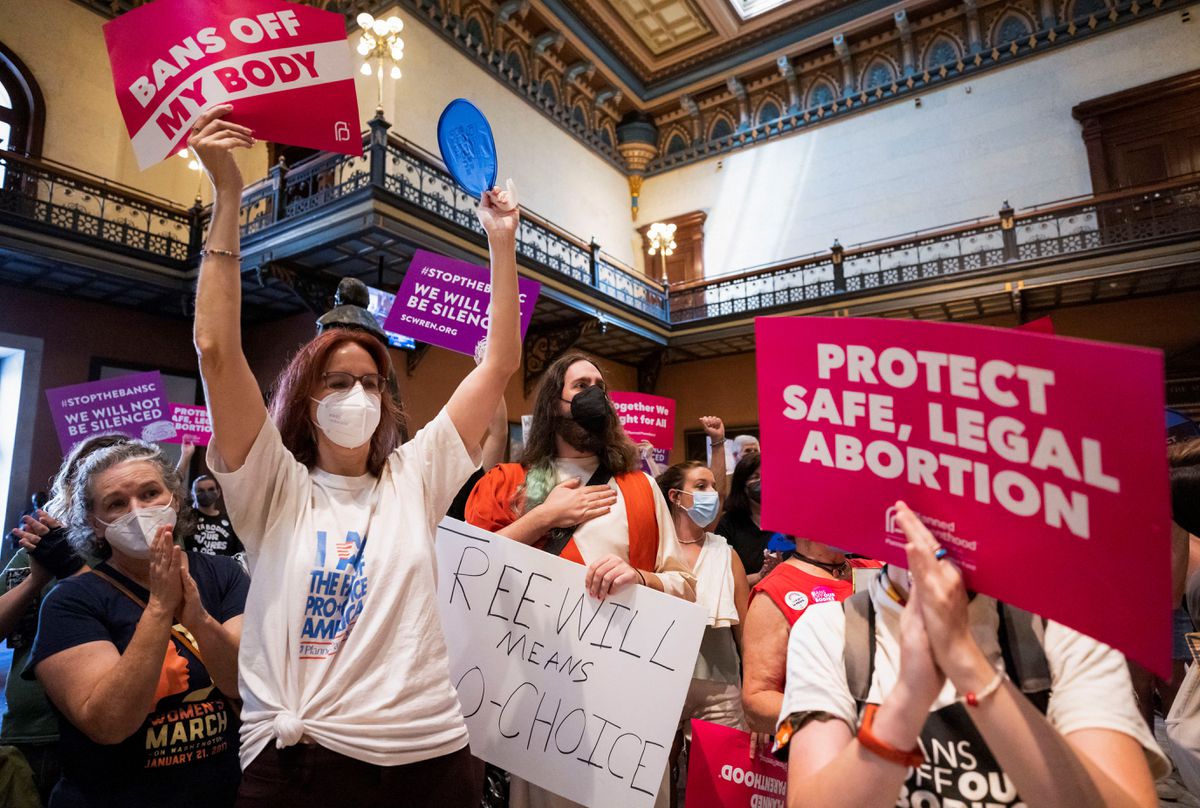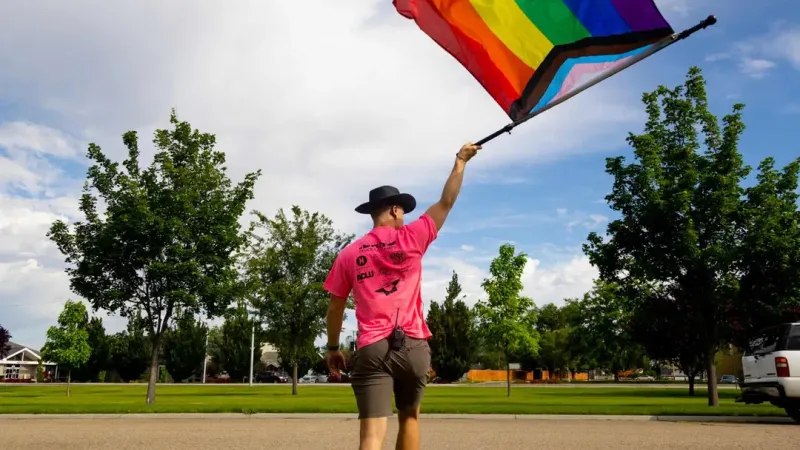South Carolina Court Strikes Down Six-Week Abortion Ban
In a 3-2 ruling, South Carolina’s Supreme Court on Thursday declared the state’s law banning abortion after six weeks of pregnancy unconstitutional under state law because it violates a woman’s right to privacy and doesn't provide a “reasonable period of time”

Facts
- In a 3-2 ruling, South Carolina’s Supreme Court on Thursday declared the state’s law banning abortion after six weeks of pregnancy unconstitutional under state law because it violates a woman’s right to privacy and doesn't provide a “reasonable period of time” for a woman to take steps to terminate her pregnancy.
- The so-called “fetal heartbeat” law was challenged by two South Carolina physicians, a women’s clinic in the city of Greenville and Planned Parenthood.
- The ban, which required patients seeking an abortion to undergo an ultrasound to search for a “fetal heartbeat,” was originally signed into law by Republican Gov. Henry McMaster in 2021, but almost instantly faced legal challenges and was put on hold.
- It took effect briefly after SCOTUS ruled in June 2022 in Dobbs v. Jackson that states had the authority to make their own laws with regard to abortion. But legal challenges put it back on hold.
- South Carolina maintains a ban on abortions after 20 weeks beyond fertilization. And the state Supreme Court’s narrow ruling allows for future attempts to limit abortion access.
Sources: Reuters, Al Jazeera, Independent, and Associated Press.
Narratives
- Left narrative, as provided by New York Times. This is a monumental victory in the battle to protect abortion rights, especially in the South. Although other state courts will have different political makeups, and their constitutions will have different language, every state that recognizes a constitutional right to abortion will set an example for other states.
- Right narrative, as provided by Daily Wire. The court was wrong to lump abortion rights in with a right to privacy, and there’s nothing in the state constitution that justifies abortions. Several other states have adopted similar “heartbeat” laws to protect the lives of the unborn, proving their legality. This ruling was judicial overreach; the legislature should be able to limit abortion as it sees fit.






